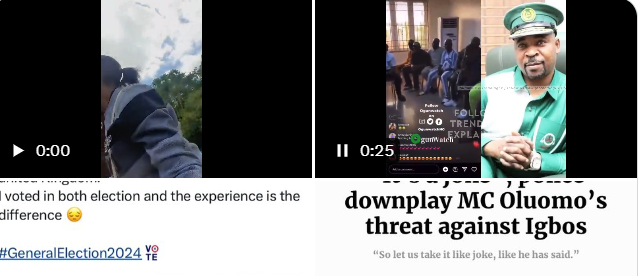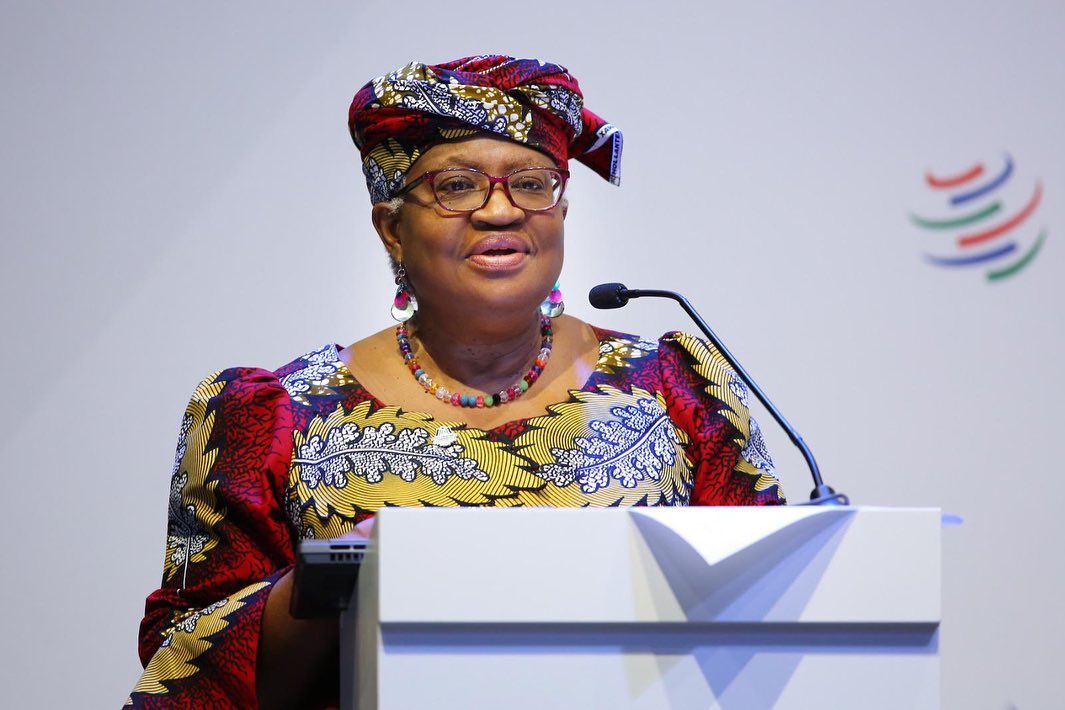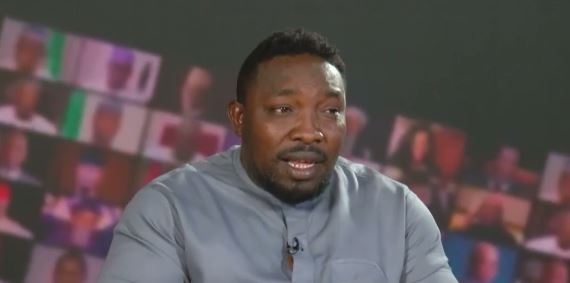In the aftermath of the UK’s recent general election, which saw Labour secure victory and Conservative leader Rishi Sunak graciously accepting responsibility for the defeat, Nigerians in the UK have initiated a stark comparison with Nigeria’s upcoming 2023 presidential election.
This discussion gained momentum notably when Nigerians in the UK contrasted the peaceful and uneventful conduct of elections in the UK with the disturbing reports emerging from Nigeria.
One of the focal points of concern was the role of MC Oluomo, a prominent figure in Nigerian politics, particularly in Lagos state. Reports indicated that during the UK election, there was no interference or threats to voters. In stark contrast, during Nigeria’s recent elections, MC Oluomo allegedly made open threats aimed at discouraging Igbo voters from participating. Reports surfaced of thuggery allegedly orchestrated by individuals loyal to MC Oluomo, resulting in disruptions at polling units across Lagos state. Shockingly, even individuals who appeared ethnically Igbo were reportedly targeted for harassment and intimidation.
The response from authorities in Nigeria added another layer of controversy. The Nigerian police, in a statement that raised eyebrows, dismissed MC Oluomo’s actions as a jest, despite widespread condemnation and evidence suggesting otherwise.
Meanwhile, the UK political landscape saw its own intrigue, with the newly formed Yoruba Party in the UK experiencing a disappointing debut, finishing last in their inaugural electoral campaign. This outcome prompted ironic comments from Nigerians, suggesting that the Yoruba Party might have fared differently had MC Oluomo’s influence extended to England. The tongue-in-cheek remark alluded to the perceived influence of political figures like MC Oluomo in Nigerian politics.
MC Oluomo is trending because Nigerians in the UK are comparing the recently concluded election to Nigeria’s 2023 presidential election.
They voted smoothly without any interference. But in Nigeria, MC Oluomo openly threatened Igbos from voting, and thugs allegedly loyal to him… pic.twitter.com/qz0MAZHhO1
— Trending Explained (@TrendingEx) July 5, 2024
The comparison drawn by Nigerians in the UK underscores not only the differences in electoral conduct between Nigeria and the UK but also the stark realities and challenges faced by voters in both countries. While the UK election was characterized by its smooth process and acceptance of results, the contrast with Nigeria’s elections highlights ongoing issues of voter intimidation, political thuggery, and the contentious role of influential figures in Nigerian politics.
As Nigerians continue to reflect on these disparities, the discussion serves as a reminder of the importance of transparency, accountability, and fairness in electoral processes worldwide, and the ongoing struggle for electoral integrity in Nigeria.
























